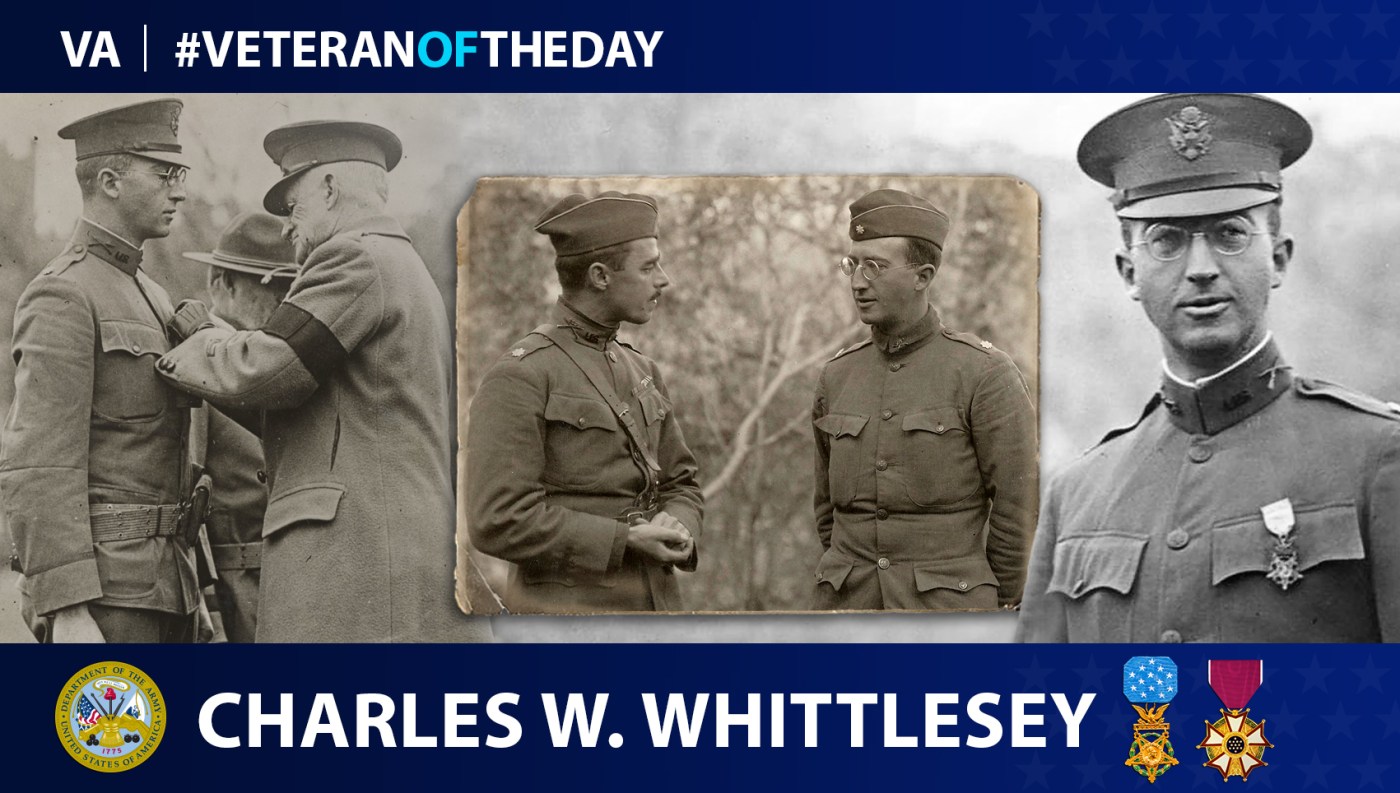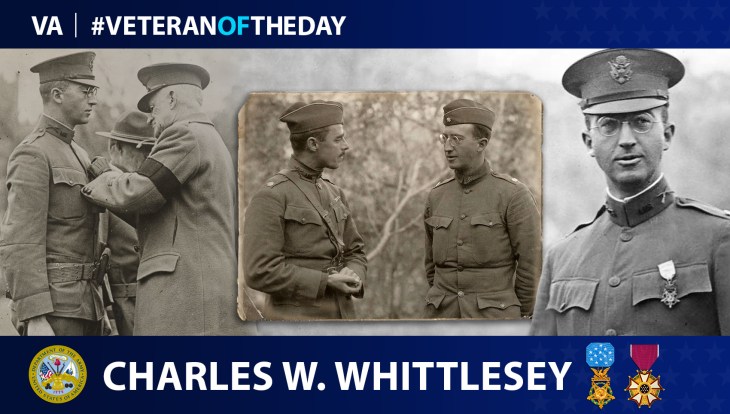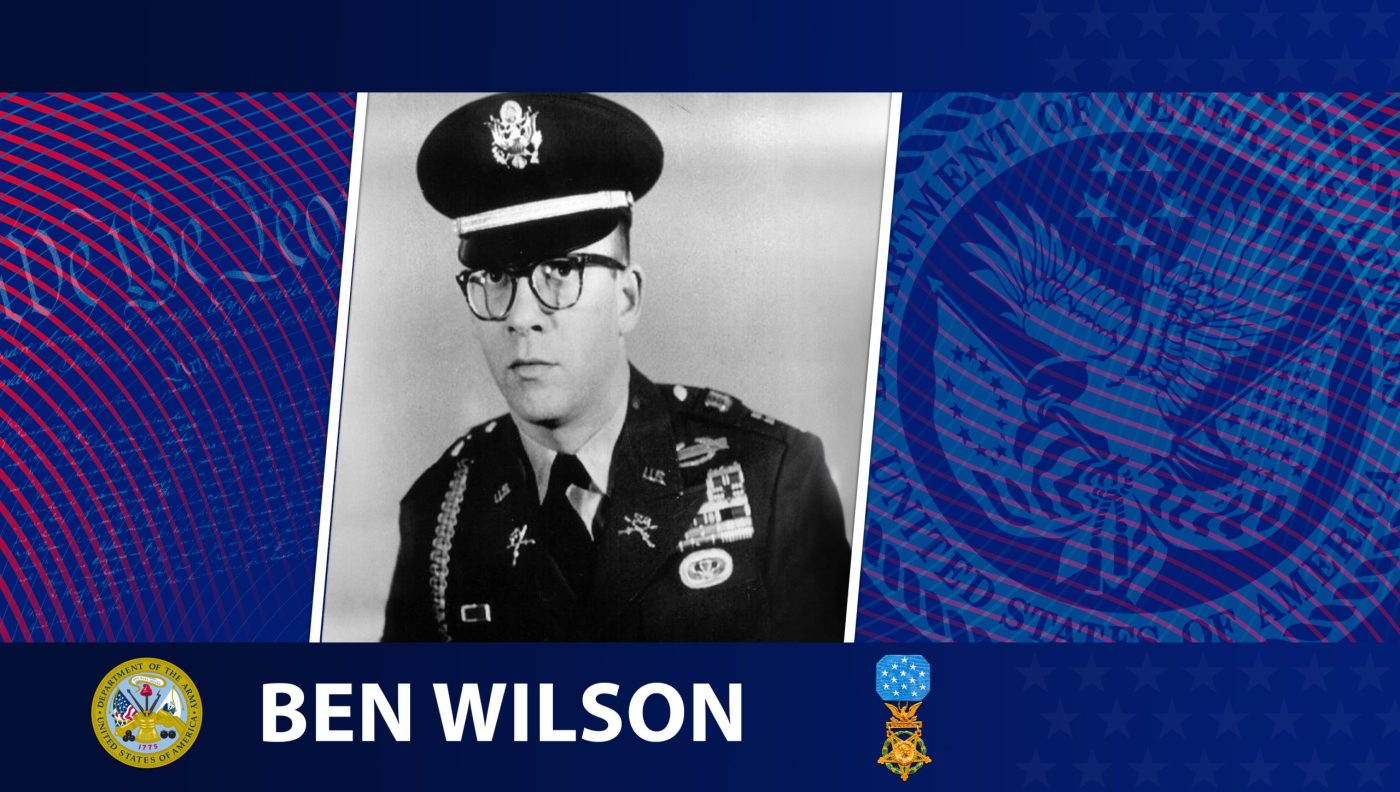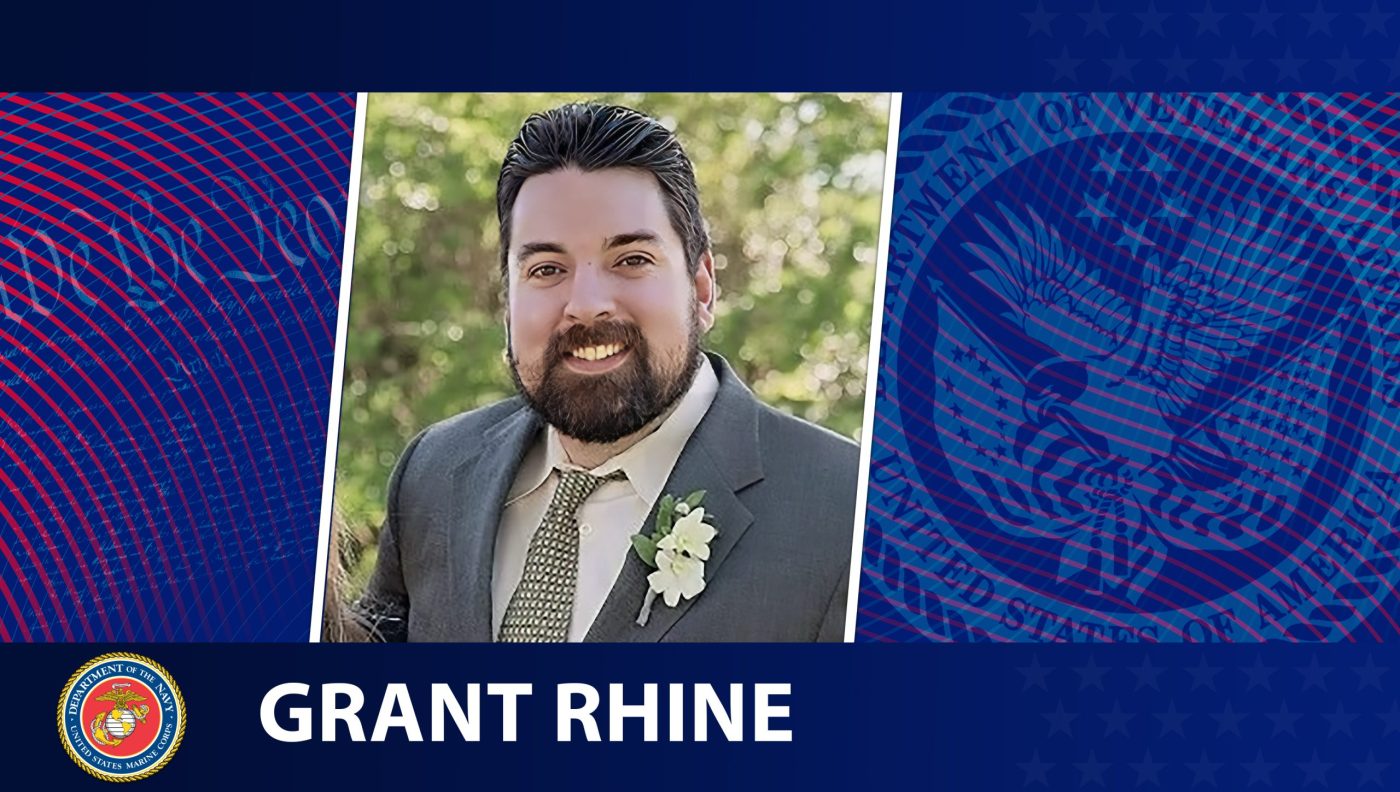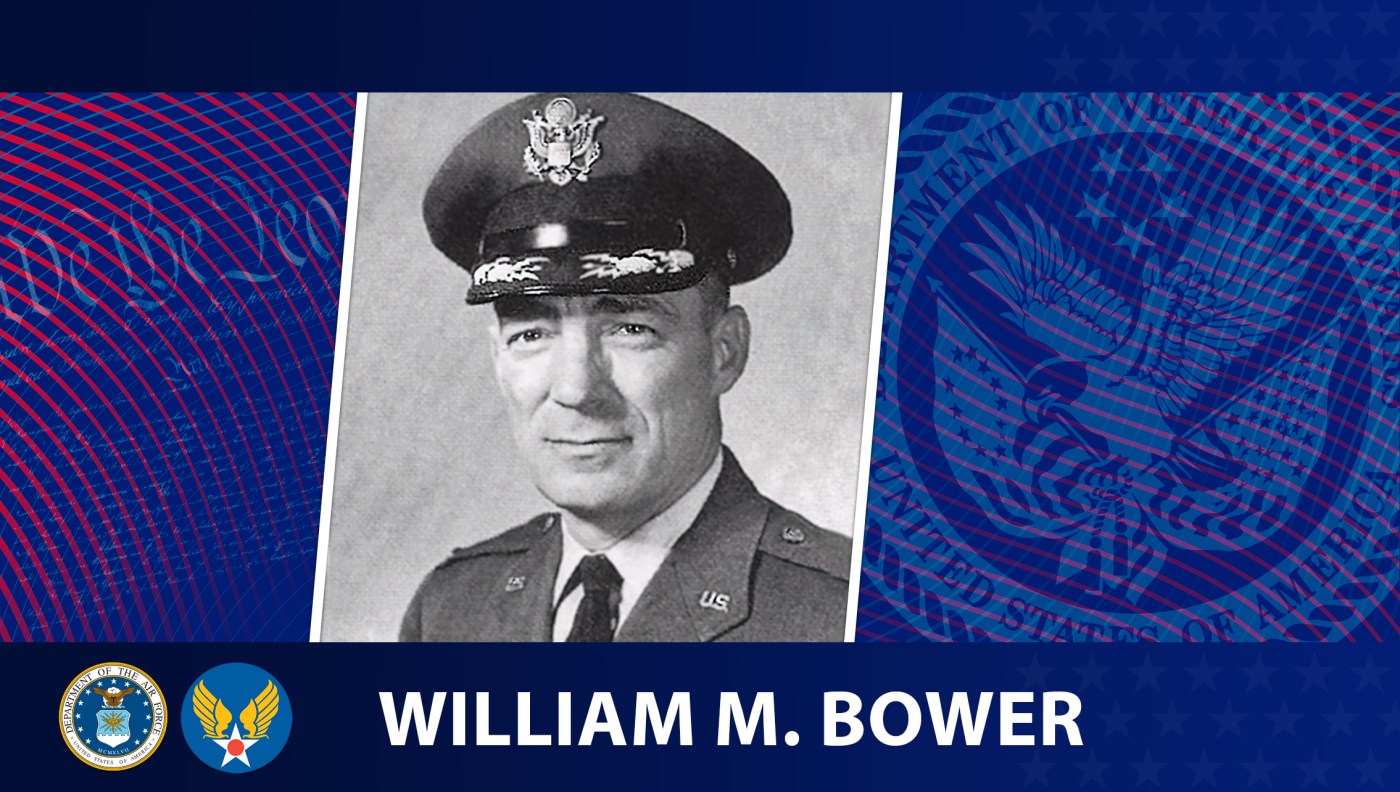World War I saw innumerable valorous and heroic acts. In October 1918, during the Meuse-Argonne Offensive, Army Maj. Charles W. Whittlesey and his battalion of the 77th Division, the 308th Infantry, stood their ground for five days straight. Without food, supplies or reinforcements, they held out against the onslaught of German forces, which ultimately broke against the iron will of Whittlesey and his men. His action and resolve brought forth a legend that would never be forgotten: The Lost Battalion.
Born in Florence, Wisconsin, in January 1884, he was the eldest of four boys to Frank and Annie Whittlesey. When he was still a child, the family moved to Pittsfield, Massachusetts, because his father acquired a position with General Electric. He would graduate from the Pittsfield High School and later graduated from Williams College, as a member of the Delta Psi fraternity. Whittlesey would eventually graduate from Harvard Law School in 1908. He then traveled to New York and spent three years with a private firm, before practicing law in 1911 with a friend and classmate, J. Bayard Pruyn.
Whittlesey worked for six years before taking a leave of absence once the United States entered the Great War. He joined the Army and was shipped to France as captain in the Army’s 77th Division. Known as the “Metropolitan Division,” it was mostly composed of men from nearly every culture in New York City, many of whom resided in the Lower East side and were sons of immigrants. By that September, Whittlesey was promoted to major and the 308th would endure the effects of trench warfare for a solid year before any true offensive was taken.
Whittlesey had come to admire, respect and care for his men greatly. When he and the 554 soldiers serving under him were ordered to assault a heavily fortified German position, he argued that it was suicide. This assault would become part of the Meuse-Argonne Offensive, which was the largest offensive that the United States ever completed. It was also the last major offensive that contributed to ending the war, since it allowed American troops to advance through Belgium and France.
Whittlesey, despite his opinions on the matter, obeyed the orders of his commanders and led his men in the assault on Oct. 2, 1918. His attack was successful, suffering mild losses and capturing his objective. However, since his battalion had assaulted the center position of the German defense, it risked encirclement. This was what happened when the French battalion covering his right flank broke and a fellow American Battalion on the left flank scattered, causing Whittlesey and his troops to be pinned down by German snipers and trench mortars. Their supplies were cut off, they were running low on ammunition, and they were out of food, water and medical supplies. Luckily, the reinforcements they acquired were the remnants of the 307th Infantry, who were supposed to be on the left flank but were overwhelmed by German forces.
The two infantry battalions merged. For five, brutal days, the men of Maj. Whittlesey fought tooth and nail to hold their ground. On Oct. 6, the German commander sent terms for surrender to Whittlesey, who promptly refused. After air reconnaissance missions, his men were found and rescued on Oct. 7. Of the 554 soldiers of Whittlesey’s original 308th, 107 had been killed, 63 were missing and 190 were wounded, including second in command, Capt. George McMurtry. Only 194 men were able to walk away from the Argonne.
Whittlesey would be promoted to lieutenant colonel and then relieved of further duties on Oct. 29. He was honorably discharged on Dec. 5th. After the war, he tried to return to law, but he found all the attention of being a war hero uncomfortable, as he strongly believed that his men deserved all the credit from the five-day assault. His dedication and loyalty to the men of his “Lost Battalion” were so great that, one time, he left his bed sick to attend the funeral of a private who served under him.
Whittlesey died at the age of 37 on Nov. 30, 1921. We honor his service!
Nominate a Veteran
Do you want to light up the face of a special Veteran? Have you been wondering how to tell your Veteran they are special to you? VA’s “Honoring Veterans” social media spotlight is an opportunity to highlight your Veteran and his/her service.
It’s easy to nominate a Veteran. Visit our blog post about nominating to learn how to create the best submission
Writer: Alex Boucher
Editors: Julia Pack, Merrit Pope
Researcher: Giacomo Ferrari
Graphic Designer: Kiki Kelley
Topics in this story
More Stories
This week’s Honoring Veterans Spotlight honors the service of Army Veteran Benjamin F. Wilson, who served during World War II and the Korean War.
This week’s Honoring Veterans Spotlight honors the service of Marine Corps Veteran Grant Rhine, who is now active in the Veteran community Irreverent Warriors.
This week’s Honoring Veterans Spotlight honors the service of Air Force Veteran William M. Bower, who served in World War II.

